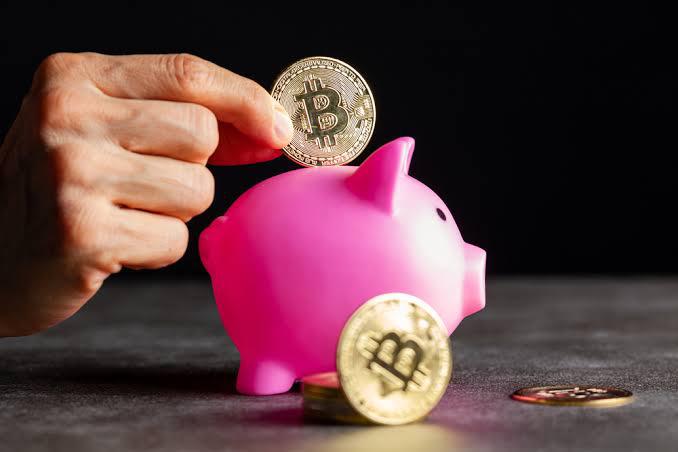Nigeria has been one of the highest users of Bitcoin in Africa since its emergence as an alternative currency back in 2016. The country's Central Bank had banned Bitcoin transactions by prohibiting financial institutions with dealing with crypto since February 2017 following a directive from the Federal Government.
However, despite the ban, P2P volumes and crypto transactions remain on the increase. This due to increased demand from Nigerians looking for an alternative keep par with the rest of the world on cryptocurrencies and its perks.
The ban on crypto-related activities in Nigeria came as a shock to many people in the West Africa country who saw it as a sign of the government's failure to adapt to changing times and needs of its people. The government's decision was also seen by many as a sign that it was not ready for change or prepared for future threats that could come from cryptocurrencies like Bitcoin.
For Nigerians, this move was a setback for crypto enthusiasts in Africa who had been hoping to see their continent become a hotbed for digital currencies. However, it seems that they won't need to wait much longer for what they've always wanted - as there's a brewing official recognition of crypto-related transactions and activities in the country.
As one of the media outlets reported, the Chairman of the House of Representatives Committee on Capital Market and Institutions Babangida Ibrahim, has called that the bill isn’t reversing Bitcoin’s previously banned status. The intent is to pass a bill that places crypto assets under the purview and regulation of the CBN.
Although the future remains uncertain, many individuals, venture capital firms, banks and companies are taking advantage of the opportunity and grow their crypto holdings. The only thing certain about this market is that it’s here to stay.
However, it seems that they won't need to wait much longer for what they've always wanted - as there's a brewing official recognition of crypto-related businesses and activities in the country.







